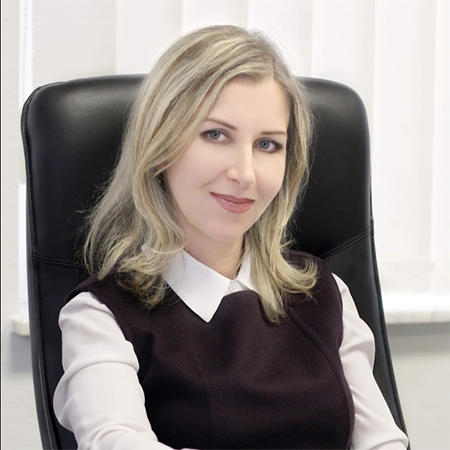Rehabilitation after Ischemic Stroke
Very often, both relatives and friends of those people who have suffered ISCHEMIC STROKE seek medical help from the clinics. Recovery after an ischemic stroke is an essential and sometimes the most important stage of treatment, which determines the future fate of a person and returns them to a normal life.
Approximately half of the people who have suffered ischemic stroke end up with significant disorders. The brain is an extremely flexible structure and for several months or years after the ischemic stroke many affected brain cells can restore some of its functions. At the same time, other areas of the brain can take on the functions performed by dead cells.
It is the early start of the recovery program after the ischemic stroke and its fulfilment within 18 months that prevent extensive disability and a person is able to return to his/her normal life.
Rehabilitation is the process of achieving the optimal level of social adaptation and independence for the person who has suffered ischemic stroke in the following ways:
- Training new skills
- Retraining skills and abilities
- Adaptation to the physical, emotional and social consequences of ischemic stroke.
How can we help?
Rehabilitation is an important stage on the way to recovery for many stroke patients. It helps to return a person to an independent life.
Rehabilitation does not eliminate the effects of a stroke. It aims to mobilize a person’s forces and capabilities, gain confidence, continue normal daily activities, despite the effects of the suffered stroke.
Rehabilitation aims to gain independence for the person who has suffered stroke in many areas.
These include:
- Self-help skills, such as feeding, care, bathing and dressing
- Mobility of skills, such as subtle movements, walking or use of self-propelled steering wheelchairs
- Speech skills for communication
- Cognitive skills, such as memory or problem solving
- Social skills necessary for the interaction with other people
Rehabilitation therapy program
Rehabilitation is carried out under the supervision of specialists who select an individual program considering all the symptoms of the patient's condition. The number of programs that a stroke patient will undergo depends on each specific case.
The services may include:
- Restoration of feeding
- Physiotherapy
- Occupational therapy
- Speech therapy
- Audiology
- Recreational therapies
- Proper nutrition
- Social work
- Psychiatry / Psychology
- Patient / Family Education
- Support groups
The program may also include a professional assessment, driving training and programs to improve physical and emotional endurance aimed at returning the patient to work.
With the use of the latest achievements available in German medicine, our interdisciplinary team of doctors, consultants, nurses, physiotherapists, speech therapists, neuropsychologists, will achieve the optimal level of recovery after a suffered ischemic stroke.
Here is a clinical example of a successful recovery.
| The patient M., 48 years old, has suffered an ischemic stroke in one of the Russian cities. The condition affected the right middle cerebral artery. The examination conducted in Russia did not reveal the causes of stroke. The patient was delivered to the clinic by ambulance aircraft with the assistance of a team of resuscitators. The patient was in a coma, on artificial lung ventilation. The left half of his body was paralyzed. During the first hour after the patient's admission to the clinic, specialists performed a number of examinations, such as computed tomography of the brain, contrast-enhanced X-ray of the cerebral vessels, ultrasound of the heart, blood vessels of the legs and small pelvis. It was found that the patient has thrombotic masses in the veins of the lower extremities and an open oval hole in the interatrial septum. Thus, we managed to identify the cause of stroke immediately during the first hour. The thrombi from the veins of the lower extremities got into the heart through the venous blood flow and then into the vessels feeding the brain through the open oval hole. Consequently, this was the cause of cerebral infarction. Two hours later after the patient’s admission to the clinic, surgical procedures to remove thrombotic masses from the veins of the lower extremities were performed, to eliminate atrial septal defect and brain surgery to prevent progressive brain edema. The patient has been staying in the Intensive Care Unit for five days. Once the patient was discharged from the Intensive Care Unit, he was transferred to the Rehabilitation Department where he underwent a course of rehabilitation therapy within three months. In addition to the work of neurologists and psychologists, speech therapists, physiotherapists, the patient was subjected to cortical stimulation of the affected brain areas. The patient returned to Russia where he now continues to lead a department in a large company, and is able to drive his car without assistance. |
There are many examples of successful treatment of the effects of stroke.
But most importantly, you should understand that the patient who has suffered the ischemic stroke is not doomed to severe disability. This person always has a chance to recover and
WE ARE READY TO HELP YOU!



